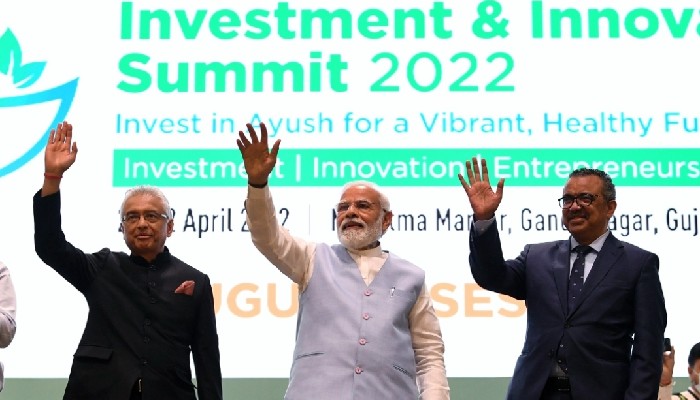India has proposed that the World Food Program (WFP) tap the public stocks of countries to ensure food security
India has proposed to assist the World Food Program (WFP) in replenishing its food grain stock from overflowing state-owned granaries in order to assist the organization’s efforts in providing food to the most vulnerable global population amid the COVID-19 crisis.
The draft proposal was in reply to an appeal by the World Trade Organization (WTO) nations to lift the ban on the shipment of food grain for humanitarian aid, said a LiveMint report.
“Since the objective of this draft decision is to make food-aid available to the most vulnerable people in times of a crisis, will this decision also encompass the provision of exports to the WFP from the PSH (public stockholding) of a supplying member?" India asked at the recently concluded General Council meeting of the WTO.
“This can happen either in the scenario where the WFP is willing to tap the PSH stocks of a supplying member, or when the supplying member can part with some of their PSH stock for humanitarian procurement by the WFP without jeopardizing their domestic food security. Food security is the final objective, and it should not matter which stock it is coming out of as long as the exports are for a non-commercial, humanitarian purpose,” it added.
New Delhi further asked if the decision of not imposing export restriction includes bilateral, non-commercial, humanitarian food assistance provided by a supplying country from its PSH stocks to needy countries or regions out of PSH stocks or not.
The World Food Programme (WFP) is the leading humanitarian organization delivering food assistance in emergencies to save lives and working with communities to improve nutrition, build resilience, and change lives for the better. Each year, WFP assists almost 100 million people in more than 80 countries across Africa, Asia, Latin America, and the Middle-East.
WFP has said that COVID-19 has adversely impacted its supply chain due to measures implemented to reduce the spread of covid-19, in particular at key cargo entry points such as border crossings and ports.
 Contact Us
Contact Us  Subscribe Us
Subscribe Us









 Contact Us
Contact Us
 Subscribe
Subscribe
 News Letter
News Letter

